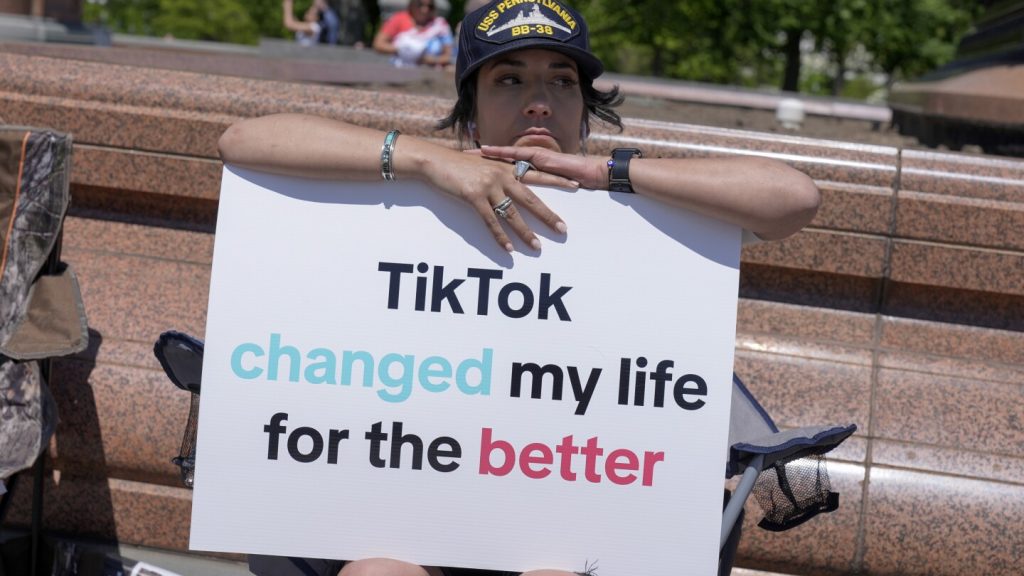In a recent development, the United States government has announced plans to ban the popular social media app TikTok. This move comes after concerns about data privacy and national security have been raised by officials. The Trump administration has expressed its intention to take action against TikTok, citing its Chinese ownership as a potential threat to American users’ data.
As the ban on TikTok looms, many users are wondering how this will affect their ability to use the app and connect with others online. One of the main concerns is the potential loss of access to the platform, as well as the impact on content creators who rely on TikTok for their livelihood. Additionally, there are questions about whether other social media platforms will be targeted in a similar manner in the future.
Despite the impending ban, TikTok has been making efforts to assure users that their data is safe and will not be compromised. The company has made changes to its privacy policies and security measures in an attempt to allay fears about potential data breaches. However, these actions may not be enough to satisfy the US government’s concerns about the app’s Chinese ownership.
As the ban on TikTok continues to generate controversy, many are questioning the legality and implications of such a move. Critics argue that banning a popular social media platform sets a dangerous precedent for online freedom and could have far-reaching consequences. Others point to the need for stricter regulations and oversight of tech companies to ensure the protection of user data and national security.
In response to the ban, TikTok users are exploring alternative ways to continue using the app, such as accessing it through virtual private networks (VPNs) or seeking out similar social media platforms. However, these workarounds may not be sustainable in the long term, and many users are left wondering what the future holds for their favorite app. The uncertainty surrounding the fate of TikTok highlights the complex challenges facing the intersection of technology, privacy, and national security in the digital age.
Overall, the looming ban on TikTok raises important questions about data privacy, national security, and online freedom. While the US government’s concerns about the app’s Chinese ownership are valid, the potential repercussions of banning a popular social media platform must also be carefully considered. As users and policymakers grapple with these issues, the future of TikTok and other similar platforms remains uncertain.


